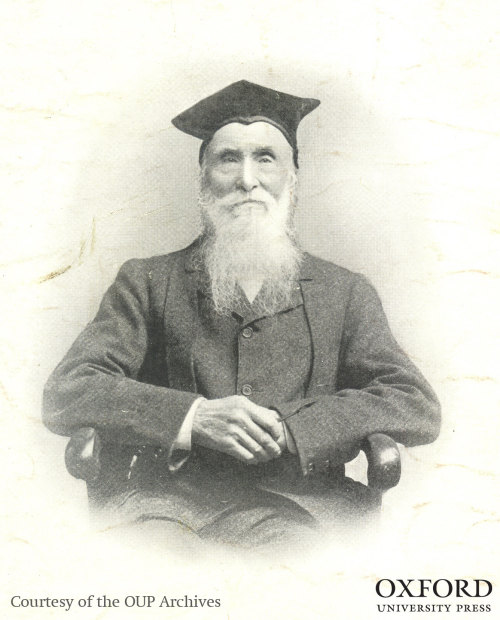 |
| Wait, is this a phaser or a fazer? |
- But nothing fazes Richard, so he'll be up for it.
- But nothing phases Richard, so he'll be up for it.
The word meaning "disconcert, trouble" has nothing to do with "phase". FAZE is a very old word, derived from Old English fésian (to drive away), which by the 15th century was also being used to mean "frighten, alarm". Like so many words that have died out of Standard British English, this one survived in North America, and by the 1830s had taken on the meaning "disconcert, disturb". It was subsequently revived in British English.
The homophone PHASE comes ultimately from the Greek word designating each of the aspects of the moon or a planet, according to the amount of its illumination. It is a mere stripling compared to "faze", having entered English in the 17th century. Very quickly its use was extended from the strictly astronomical sense to mean "a distinct period or stage in a process of change or development".
And then, GUESS WHAT??? It BECAME A VERB.
First, in the early 1900s, in electrical engineering:
To adjust the phase of (an oscillation, alternating current, etc.), esp. in order to bring it into phase or synchrony with something else.
and then, in the late 1940s, more generally:
To organize, carry out, or introduce in phases. Freq. with in (or out): to introduce into (or withdraw from) use, operation, etc., gradually or in stages.Remarkably, people were unfazed by this function shift. As they should be.
COMING THIS FALL! My ever-popular Rollicking Story of the English Language course. REGISTRATION NOW OPEN AND SPACE IS LIMITED. More info here: http://katherinebarber.blogspot.ca/p/history-of-english-language-courses.html
Would you enjoy talking about words with Wordlady over many, many glasses of wine? Why not check out my trip to Bordeaux and Toulouse in July 2017. Unlike most of my Tours en l'air trips, this is more about food, wine, and sightseeing than about ballet (though there is some of that too). BOOKING NOW, SIGNUP DEADLINE SEPTEMBER 20. More info here:
http://toursenlair.blogspot.ca/2016/08/toulouse-bordeaux-ballet-trip-july-2017.html
P.S. If you find the English language fascinating, you might enjoy regular updates about English usage and word origins from Wordlady. Receive every new post delivered right to your inbox! SUBSCRIPTION IS FREE! You can either:
use the subscribe window at the top of this page
OR
(if you are reading this on a mobile device): send me an email with the subject line SUBSCRIBE at wordlady.barber@gmail.com
Privacy policy: we will not sell, rent, or give your name or address to anyone. You can unsubscribe at any point.
 mite_1906152b.jpg
mite_1906152b.jpg

